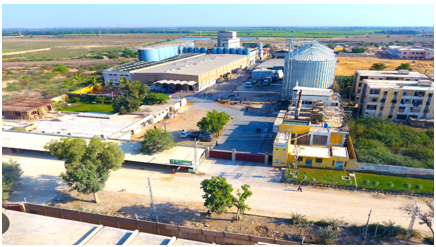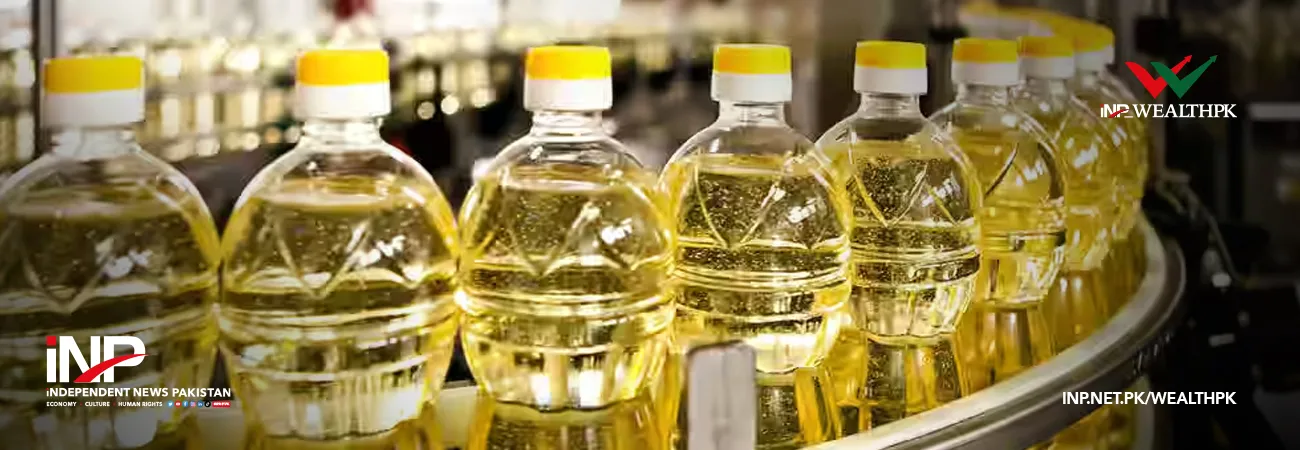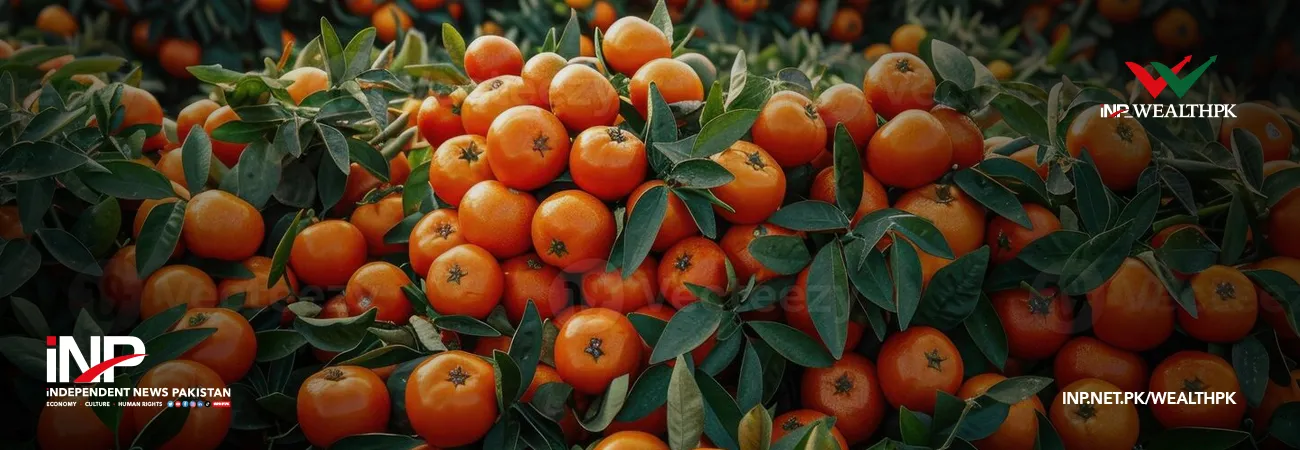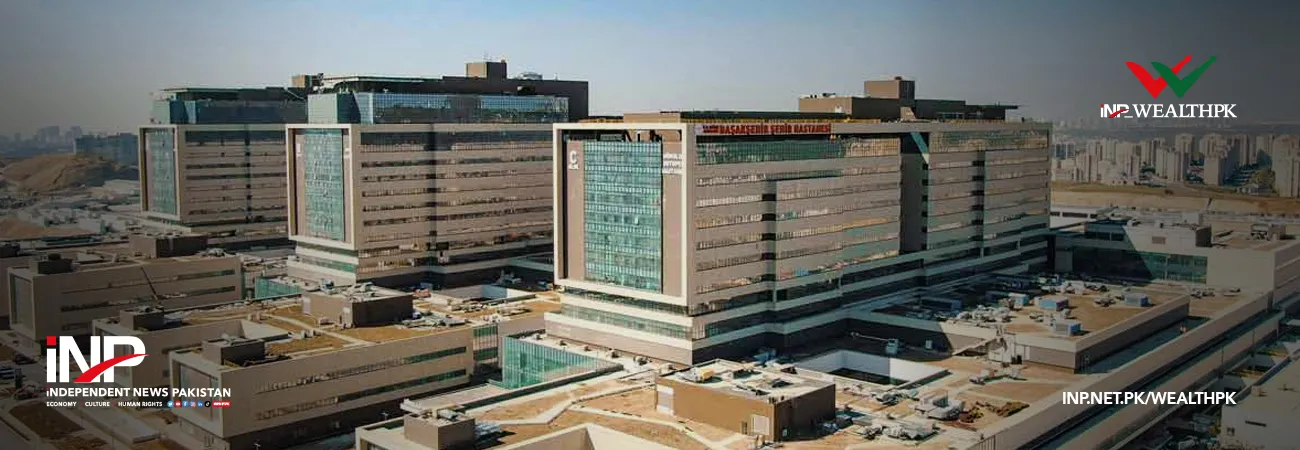INP-WealthPk
Shams ul Nisa
Punjab Oil Mills Limited (POML) has experienced a challenging first quarter in FY25, reporting a significant net loss of Rs22.7 million – a sharp decline from the previous year's profit of Rs39.1 million, reports WealthPK.

This significant downturn underscores the increasing challenges the company is encountering in an uncertain economic climate. The loss is a result of falling revenues combined with the rising expenses, creating substantial financial strain and adversely affecting the company's overall performance during this period. During the 1QFY25, the company's revenue dropped by 8.6% to Rs1.89 billion from Rs2.06 billion in the same period last year. This revenue decline was mainly driven by the reduced sales volumes and unfavorable pricing trends, which failed to offset the rising production costs.
Moreover, the imposition of a 2.5% withholding tax on non-filers put further strain on the profit margins, as the company was forced to absorb a portion of tax to stay competitive in the market. Although the market conditions showed signs of improvement between late August and October, the selling prices remained largely unchanged, while the cost of raw materials increased due to the low inventory. Consequently, the gross profit fell by 19.3% to Rs217.9 million, highlighting the adverse impact of these difficult market circumstances.
Punjab Oil Mills, a public limited company established in Pakistan, is primarily involved in the production and sale of various products, including ghee, cooking oil, specialty fats, laundry soap, mushrooms, and coffee. The company caters to both the domestic and commercial markets, contributing significantly to the consumer goods sector in Pakistan. Additionally, the company experienced a rise of 10.7% in the operating expenses, totaling Rs193.7 million. This increase was mainly due to a 3.6% rise in selling and distribution costs, driven by the higher transportation expenses and amortization of a new television commercial (TVC).
Additionally, the administrative expenses surged by 20%, primarily due to the salary increases of 5-6% for the employees. As a result, the company's operating profit plummeted by 74.5% to Rs24.3 million from Rs95.2 million in the same period last year. However, the finance costs remained relatively stable, showing a slight decrease of 2.1%, reaching Rs41.6 million. Meanwhile, the other income saw a modest increase of 6.2%, totaling Rs18.7 million, driven by higher returns on deposits due to the rising interest rates. Despite an increase in the operating expenses, the POML's overall profitability suffered greatly due to the finance and other costs, leading to a dramatic 98.7% decline in the profit before tax.
This highlights the financial challenges the company faces in a competitive market, compounded by the financial strain from the costs associated with regulatory compliance. The company faces the inflation and higher tax challenges, which could reduce consumer spending. The shift toward cheaper brands may lower the demand for the company's premium products. To stay competitive, the company may need to cut prices and boost marketing, potentially hurting short-term profits. The company's commitment to regulatory compliance, while important for its reputation, adds operational complexities and costs, making it more difficult to compete effectively on price.
Credit: INP-WealthPk













